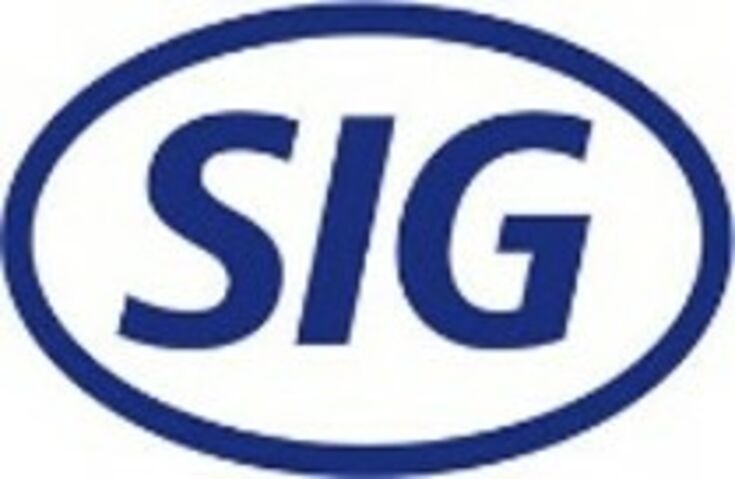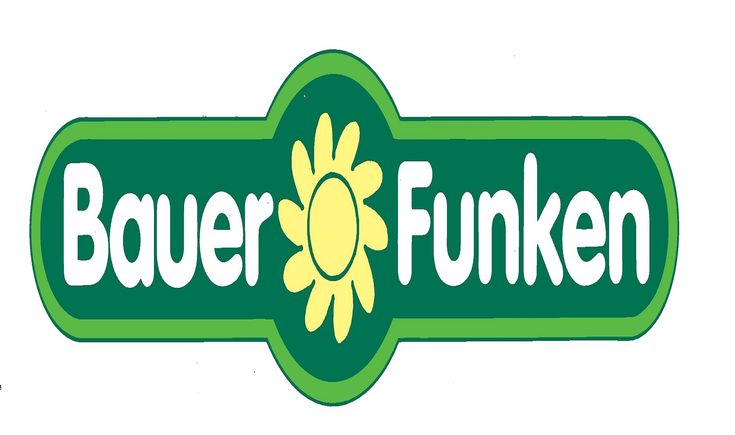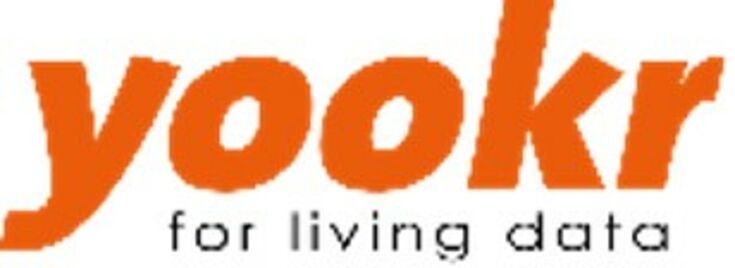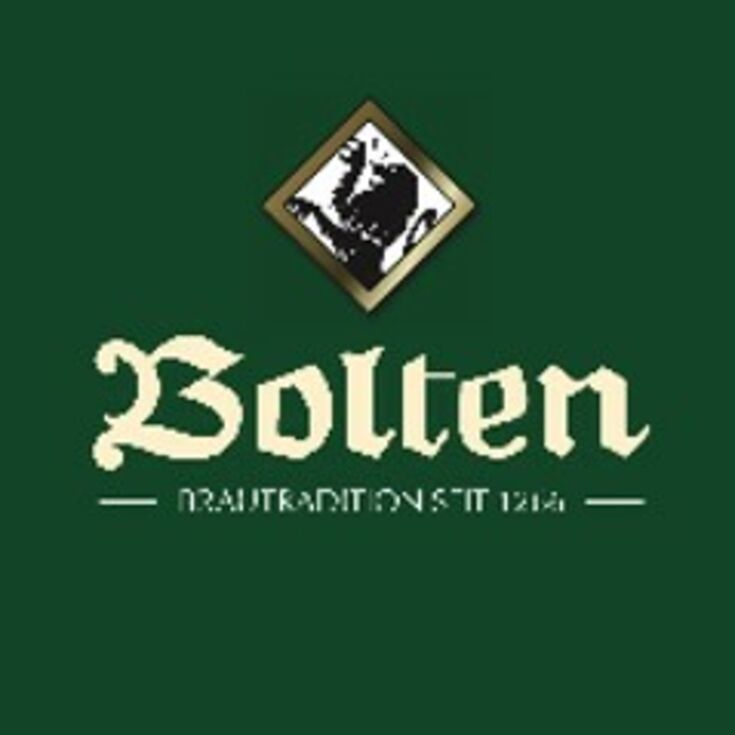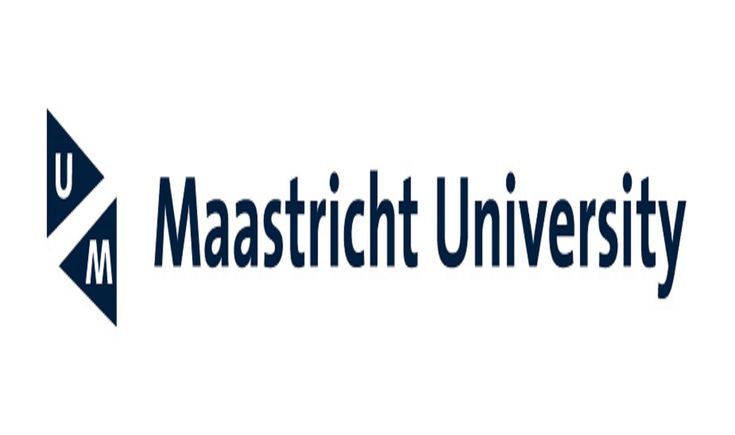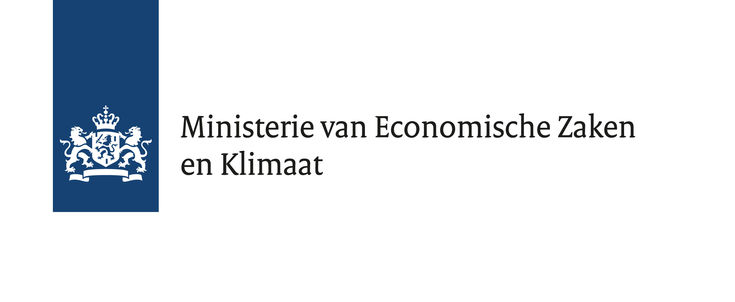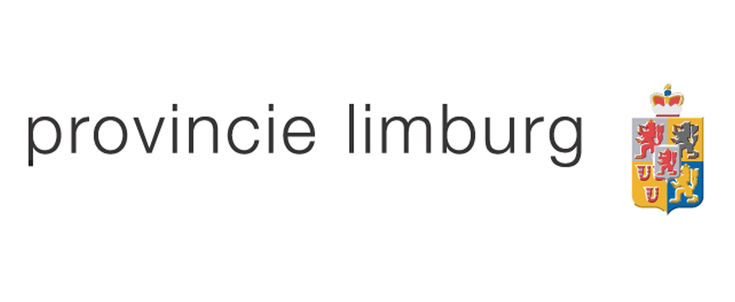Novel sensor strategies for the rapid detection of fungal and bacterial spores in liquid foods. Development of biosensors for the detection of molds and spores in food and application in selected companies.
SenSpores is a German-Dutch project funded with a total volume of 2.924.517,39€ with the duration: 01.11.2023 - 31.10.2027.
Facts
- 88 million tons of food are wasted in the EU every year
- 19% only in the food processing sector
To counteract this negative trend, a law is to be introduced in the EU by 2030 to reduce waste in the food industry by 10%.
The initial situation
Every company in the food industry is obliged to produce food safely. This means that companies must continuously carry out microbiological tests to monitor the production process and the end products. However, conventional microbiological tests only provide a reliable result for the detection of vegetative cells after approx. 5 days, and it can even take up to 10 days for the detection of molds. By this time, the product is often already on the store shelves or even in the hands of the consumer. The problem can then usually only be solved by expensive product recalls, which also damage the company's image.





